Fair trade
 Fair trade
Fair trade
Coclico
Inconspicuous consumption is a phrase we use a lot at Coclico. Slow production is not just one of Coclico’s fundamental values, but a guiding principle that affects how we approach our work and our lives each and every day. Slow our consumption, slow our impact on the environment, and invest in the things we wear with thoughtfulness and care. Because we expect everything we wear to endure, we produce shoes that will look good, season after season.
Our shoes are produced in a small, historic factory in Spain, where Sandra is on a first-name basis with the craftspeople who make each pair by hand. Coclico are the only shoes made in this family owned and operated factory. The facility is noted for providing living wages, environmental reliability and setting the bar for best practices. The artisans take pride in the production of our shoes, and their skill ensures the consistent quality of our brand.
Irthly
Irthly plays a role towards sustainability by using recycled or eco-metals as much as possible. We use Harmony Metals from Hoover & Strong wherever applicable. All of our diamond suppliers are Kimberley Process compliant, which is a certification system that prohibits the trading of diamonds from war-torn regions. Most of our gems are fair trade, meaning that we can confirm that the supplier and gem cutters are practicing fair trade protocol. In terms our own production, we are not involved in any overseas production. Everything is proudly produced in Los Angeles.
Kanelle
Hand Crafted
Fair
Minimal Waste
Use of local/traditional techniques
MATE
Sustainable and ethical practices are paramount to the brand's ethos. MATE has chosen to partner with factories within a five mile radius from their Arts District Headquarters in DTLA. Each piece is thoughtfully designed, carefully sourced and proudly produced in small batches season after season.
Mati
Hand CraftedSustainable/Organic
Fair
Minimal Waste
Vegan
Pala Eyewear
Recycled and artisanal made cases
We’re as proud of our sunglass cases as we are about what goes into them. Each is uniquely handmade by a traditional weaver from one of three rural communities in Bolgatanga, Upper East Ghana. As Pala grows, more people are being taught to weave, creating a new source of income for themselves. By recycling plastic we access a readily available material, rather than the more traditional straw which is limited by seasonality. The plastic for our cases could have been many things in a previous life – a plastic bag, a discarded water sachet, plastic used to bind pallets, or even discarded from the plastic bag making process. This waste is collected, washed, melted and re-purposed into the plastic that is then woven into our unique cases. Rubbish? We don’t think so.
Packaging
Our boxes are FSC MIX certified, from responsible sources. All our print materials come from recycled paper stock. Where you see our eyewear in a shop all supplied point of sale materials that we have supplied are made from recycled wood or cardboard.
Committing to offsetting our CO2
We know that getting a pair of our sunglasses to you has an environmental impact. Therefore for every delivery we make to a customer we put £1.00 towards offsetting the CO2 cost of that delivery. As a business we also have to fly in elements of our product from around the world. We therefore offset those journeys along with all flights the Pala Team make in bringing our stories back to you as well as any events we might attend. We work with not-for-profit Atmosfair to offset our C02 through the financing of Wonderboxes in Nigeria and Rwanda. These incredible cooking pots will retain heat for a very long time, therefore reducing the need to burn fuel for heating and thus lowering the CO2 emissions.
Giving back
We provide grants directly to eye care projects in Africa. Projects might include building a new Vision Centre; or dispensary, purchasing equipment or supporting an outreach program – all sustainable, long term solutions that facilitate eye care, eye-tests and provision of spectacles.
Rita Row
Local Production
Locally made clothing is uniquely positioned for increased ethical consciousness. Defined as garments made, designed and constructed in the hometown or country of the brand, these products allow brands to contribute to the local economy, while also having greater control over their supply chains. Producing locally not only supports small producers in the process, but it also allows designers to be reactive to best sellers. What local production does afford the brand is the chance to take more control over these processes. Armed with greater knowledge about where the fabrics have originated, the brand can strives to make their garments as ethical as possible. And by supporting these fashion line, consumers can also have this affect on their own wardrobes. There is great value to be found in locally made fashion. Not just in terms of the creativity of these products, but also in terms of supporting local economy and employment, while also reducing fashion’s environmental impact.
Fashion Process
First part of the process all happens at the Designers Studio, in Figueres, Girona (Costa Brava). Rita Row works with fabrics suppliers from Spain, France and Italy. Fabric flags from each supplier are received for selection. Next step is to prepare all the specification sheets for each collection garment. These facts sheets go to de Pattern Department at the same Studio. Once patterns are done, next step is prototype dressmaking. First prototype at the Designers Studio is the key for the personal design of each garment, is the real cooking, that allows the designers check, test and verify all the garments. Once the prototype is checked, it goes to Factories for a first sample. Sales: Sample collection is then distributed to Showrooms and Commercial Agents. Once orders are confirmed, production starts, ordering fabrics, accessories and buttons to each supplier, later distributed to the corresponding factory for their production. Production: Rita Row works nowadays with 4 different factories. Is there were the final process happens: cutting, dressmaking, iron pressing, packaging and labelling. Circular knit fabrics and other fabrics garments are produced in Mataró, Barcelona. Tricot garments are produced in Igualada, Barcelona. This production is distributed in two different factories, depending on the garments.
Swedish Stockings
Our mission is to change and influence the entire hosiery industry. Nylon yarn, which is currently used to produce most modern pantyhose, is created from an environmentally harmful petroleum-based manufacturing process that leads to damaging carbon emissions. More-so, modern pantyhose isn’t made to last. These harmful practices in the fashion industry are all too common. We believe the world needs more innovative and environmentally conscious products to lead the way, and so Swedish Stockings was launched.
We create our pantyhose from both pre and post-consumer nylon waste. The production process is a lot less harmful to the environment than traditional nylon production and we are consistently looking for innovative and cleaner ways to produce - conserving or reusing water, decreasing emissions, reducing and recycling waste. From this highly efficient recycling procedure we have reduced energy and water consumption. We also have a recycling program you can read more about here. We estimate, thousands of stockings have been recycled thanks to our recycling program. Read more about our sustainability efforts, materials and production in our sustainability edit.
 Our production is powered by the sun and renewables
Our production is powered by the sun and renewables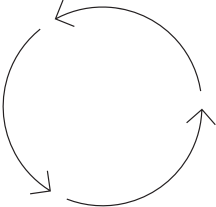 We produce from recycled and sustainable materials
We produce from recycled and sustainable materials Water used in the dyeing process is purified after use
Water used in the dyeing process is purified after use Our factories are zero-waste
Our factories are zero-wasteTaaka
Hand Crafted
Sustainable/Organic
Fair
Use of local/traditional techniques
Minimal Waste
Taylor + Thomas
We are committed to:
Working with local artisans who are paid fair wages, using forward-thinking and ecologically responsible methods.
Innovative, sustainable, cruelty-free materials and the ethical companies and partners that create them.
Self-education, design innovation, and attention to the details.Not claiming to be perfect – but infinitely striving to better the health of our planet, our fellow inhabitants, and our future generations.

A NEW STATE OF MIND
Shoes are only as pretty as the stories (and sources) behind them. Here are ours:
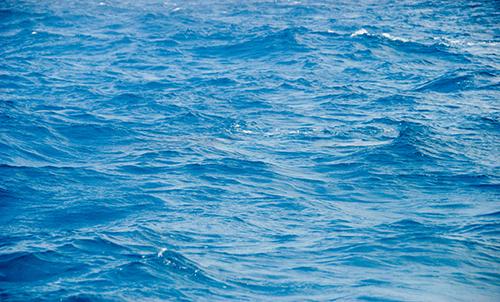 Water-based polyurethane
Water-based polyurethane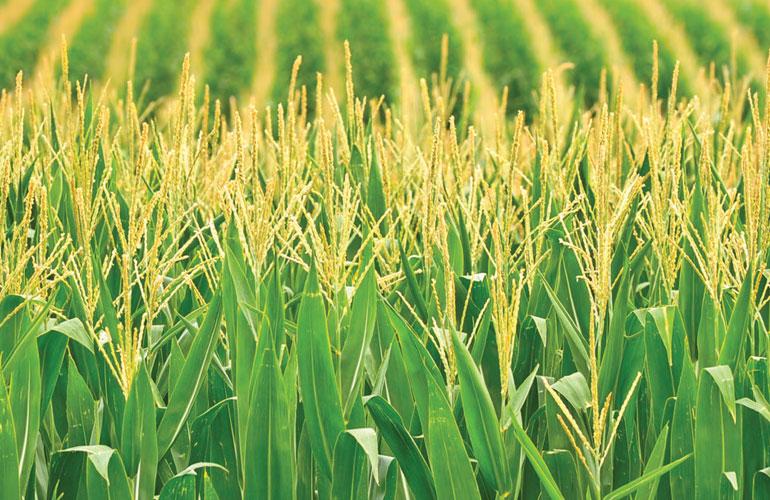 Bio polys
Bio polys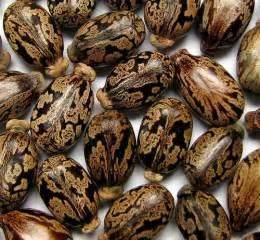 Castor beans
Castor beans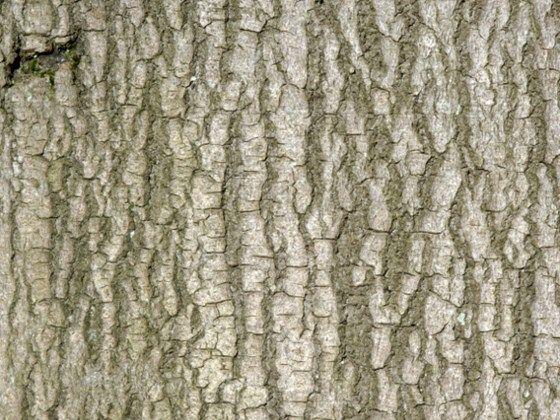 Beechwood
Beechwood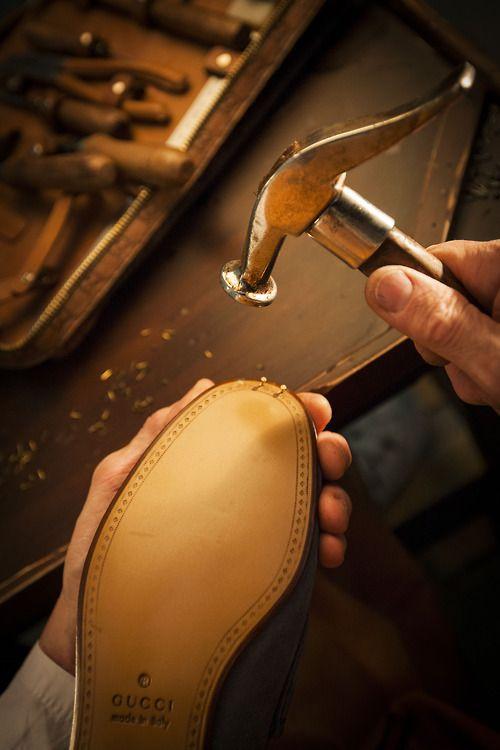 Sustainable work process
Sustainable work processTiffany Kunz
Intrigued by the deconstruction of shapes, repetition and texture, Tiffany designs environmentally conscious pieces of jewelry. Her collections are cast from locally sourced, reclaimed metals, and accented with certified fair trade stones, which are then finished by hand in her studio in Los Angeles, CA. She strives to create artful pieces in an ethical and environmentally responsible manner. All her supplies, from pricing tags, look books and business cards to shipping parcels and jewelry pouches, are made from renewable resources or recycled materials.
Vow London
Social Responsibility:
Our frames are manufactured in socially responsible factories that meet the criteria set out by the internationally accepted Ethical Trading Initiative. We visit our factories on a regular basis ensuring our auditing (BSCI) standards are met and all people involved are treated with fairness and respect. Our long lasting relationships with our factories are built on trust, and a devotion to creating an excellent product.
Environmental responsibility & quality:
We design and manufacture high quality eyewear using a variety of ethically sourced sustainable materials. Including Black Recycled Acetate, Biodegradable Acetate, FSC Approved Acetate, Biodegradable Glitter and Eco Acetate which is a renewable, plant based material made from wood pulp and without chemical plasticisers which makes them very low in phthalates which is better for the environment and the wearer.
